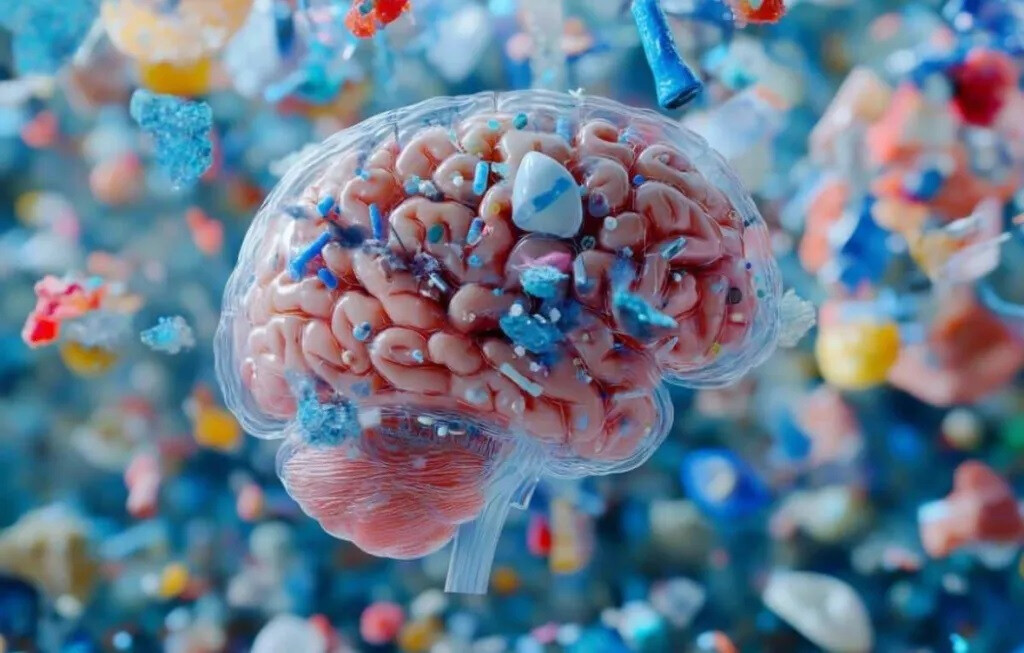
This is the result of a study by Professor Matthew Campen's research team at the University of New Mexico, recently published in the journal 'Nature Medicine'. Microplastics refer to very small plastics ranging in size from 1 micrometer (㎛, one millionth of a meter) to 5 millimeters (㎜).
The research team analyzed tissue samples from the brain, liver, and kidneys of 28 people who died in New Mexico in 2016 and 24 people who died in 2024. The results confirmed that the amount of microplastics detected in the organs of people who died in 2024 was higher than that detected in the organs of people who died in 2016. The most commonly found microplastic in this study was polyethylene, which accounted for 75% of all detected plastic. Polyethylene is used in plastic bags and food and beverage packaging.
In fact, the fact that the human body is contaminated with microplastics is not new news. Professor Matthew Campen's research team also published a study in February 2024 that found microplastics in all 62 placental tissue samples analyzed. Prior to this, in March 2022, a research team at the University of Amsterdam in the Netherlands published a paper in the International Journal of Environmental Research and Public Health, which found that microplastics were detected in the blood of 17 out of 22 healthy adults tested. There have also been reports of microplastics being found in semen, breast milk, bone marrow, and more.
However, the novelty of this study is that it shows that microplastics are accumulating more and more in the human body over time.
The researchers analyzed samples from the brains of deceased individuals using methods such as 'thermal decomposition gas chromatography-mass spectrometry'. As a result, they confirmed that the plastic concentration in the body tissues of the deceased was not affected by age, gender, or race. However, whether the person died in 2016 or 2024 had a significant impact on the amount of plastic accumulated in the body. They confirmed that the concentration of microplastics increased over time in all brain, liver, and kidney samples.
There was more plastic accumulated in the brain than in the liver or kidneys, and in the case of the brain, the amount of microplastics in the 2024 samples was found to have increased by 50% compared to the 2016 samples.
One notable finding was that the concentration of microplastics in the brain samples of deceased patients with dementia was about 6 times higher. However, the researchers did not immediately draw conclusions about the correlation between the amount of microplastics and dementia. Previous studies have pointed out that microplastics are associated with stroke and heart attack, but have not confirmed their association with dementia. The relationship between the amount of microplastics in the brain and dementia may be a future research topic.
What if it is confirmed that there is a positive correlation between dementia and the amount of microplastics in the brain? In a situation where the production and use of plastic continues to increase, concerns are growing that the number of dementia patients may also increase rapidly.
Tamara Galloway, a professor at the University of Exeter in the UK, also expressed a similar view in an interview with a media outlet. Professor Galloway said, "The 50% increase in microplastic levels in the brain over the past eight years reflects the increase in plastic production and use." She also pointed out that "This research result could be a strong incentive to reduce environmental pollution caused by microplastics."
[Copyright (c) Global Economic Times. All Rights Reserved.]



























